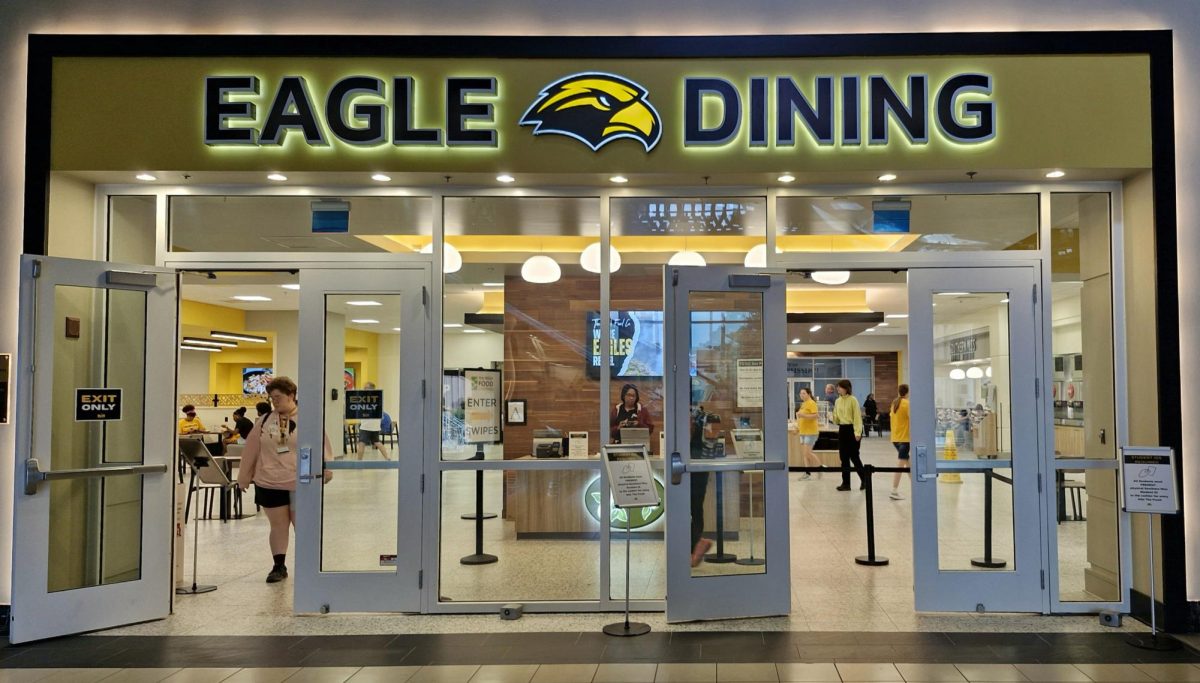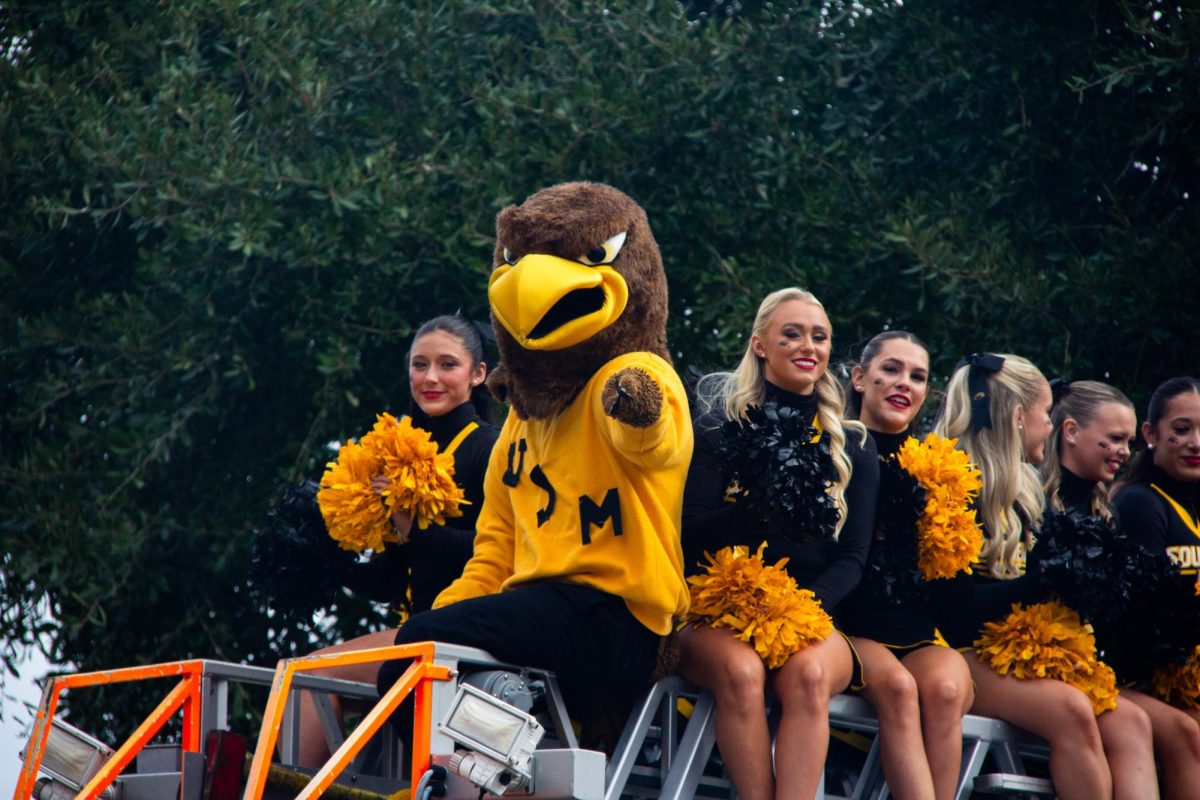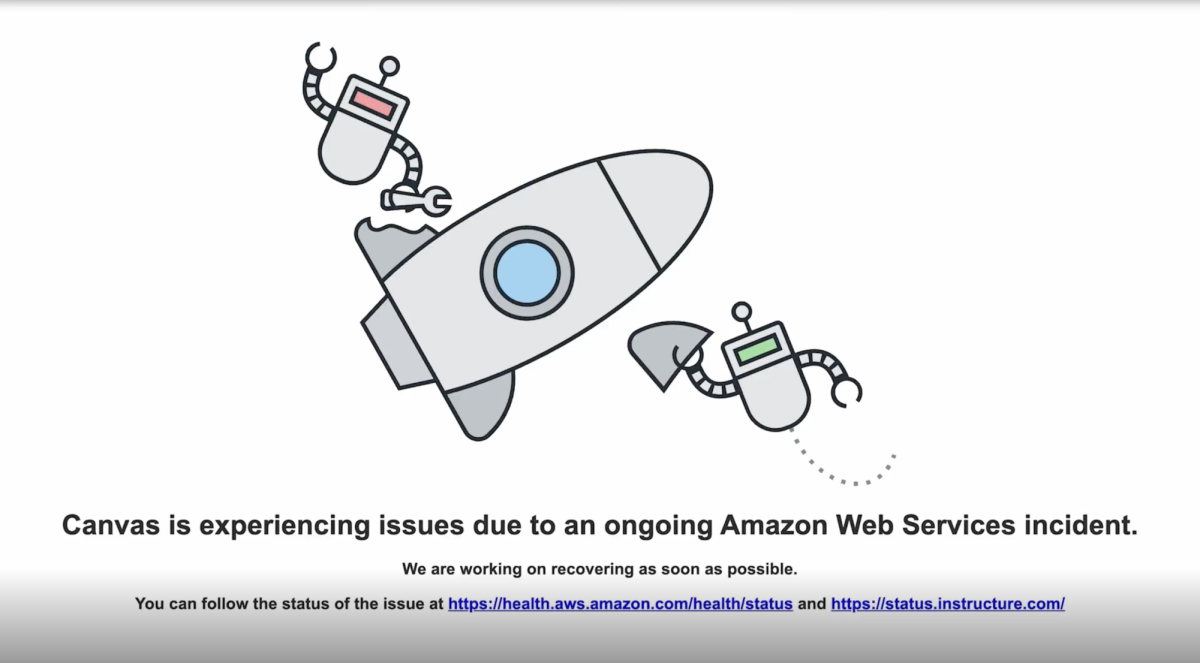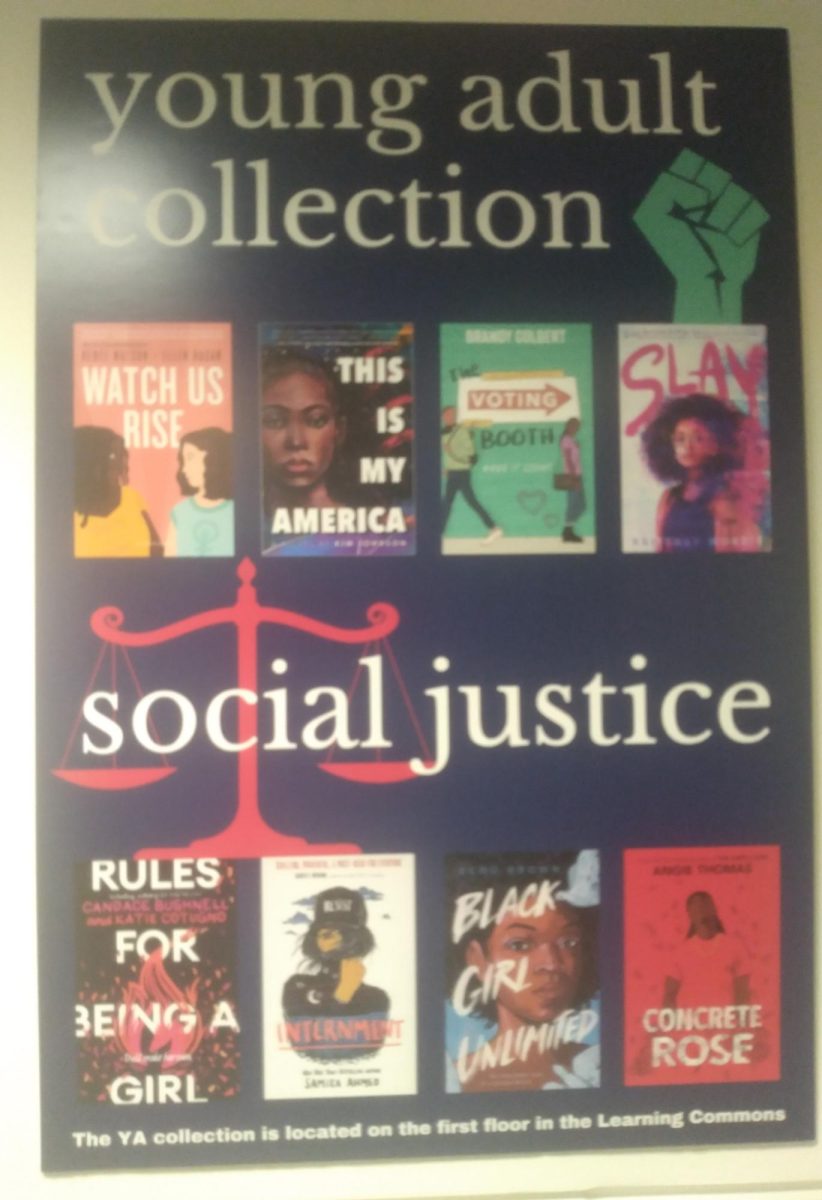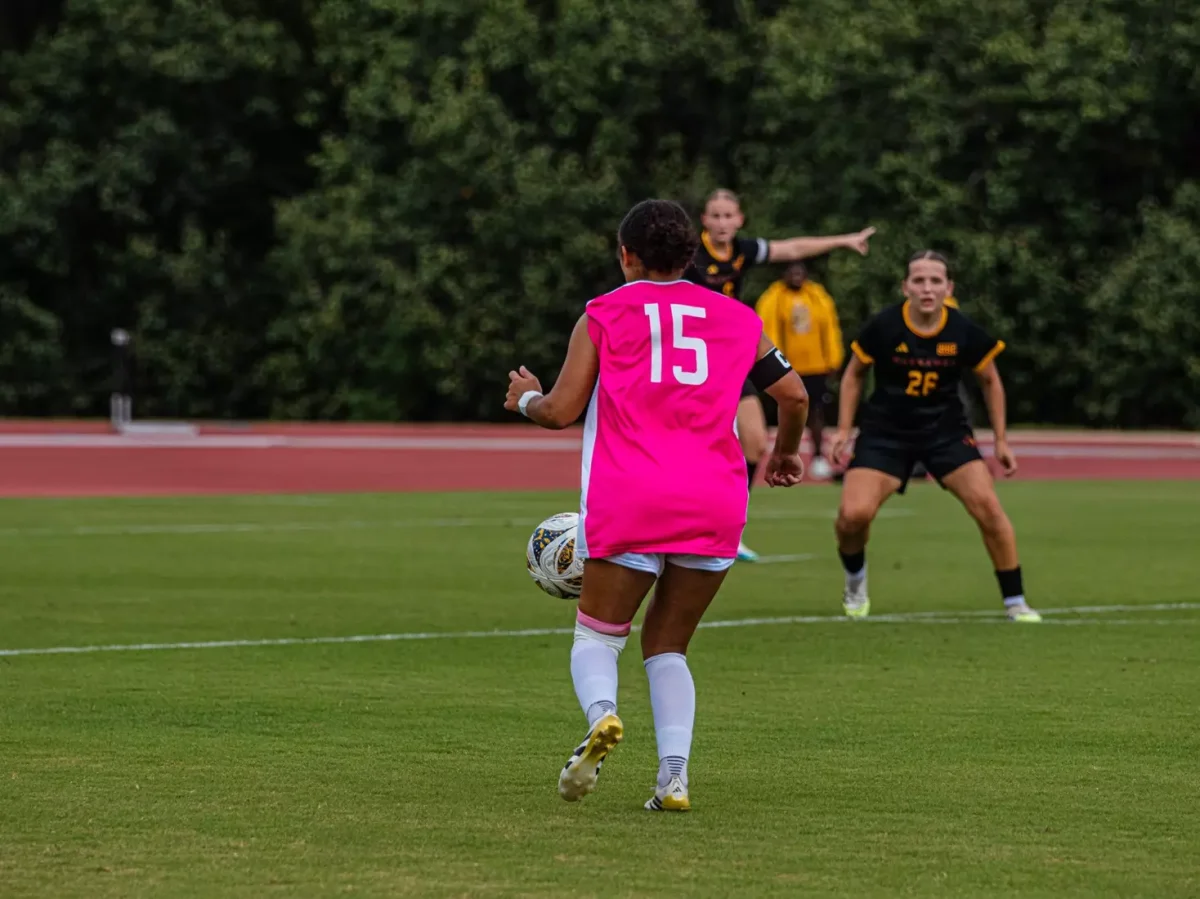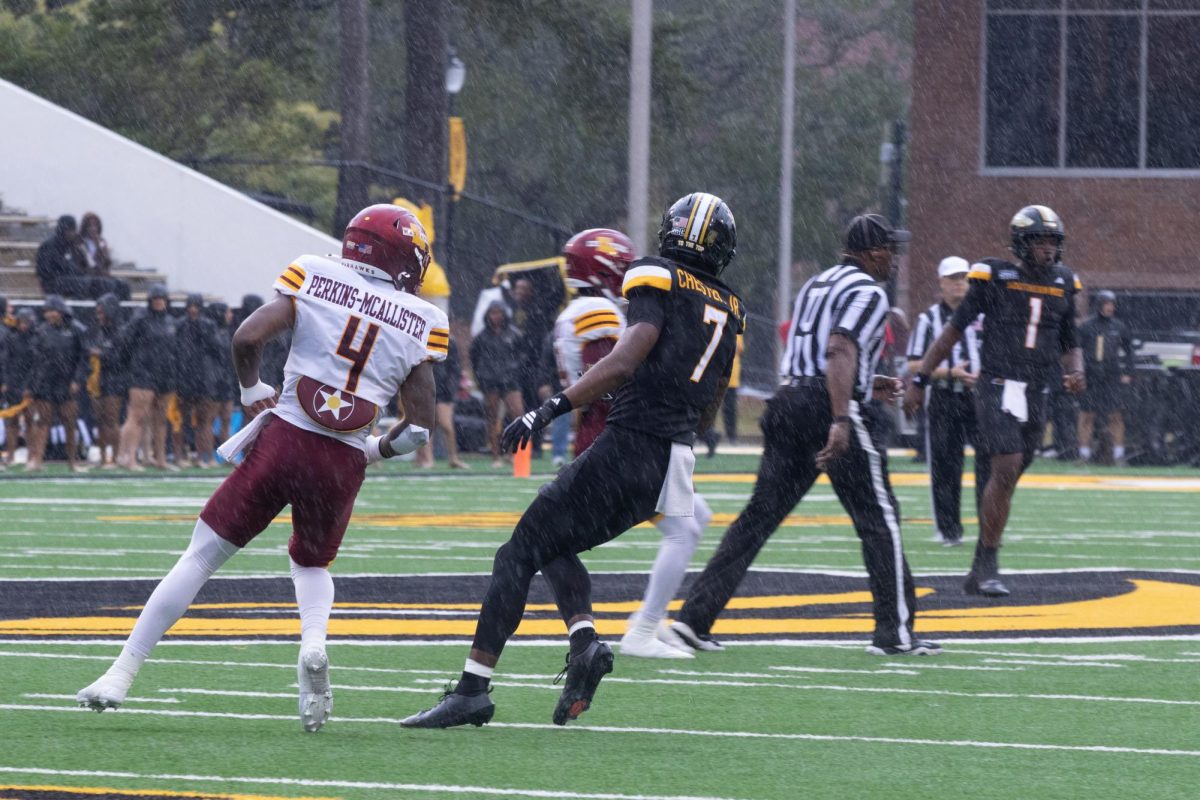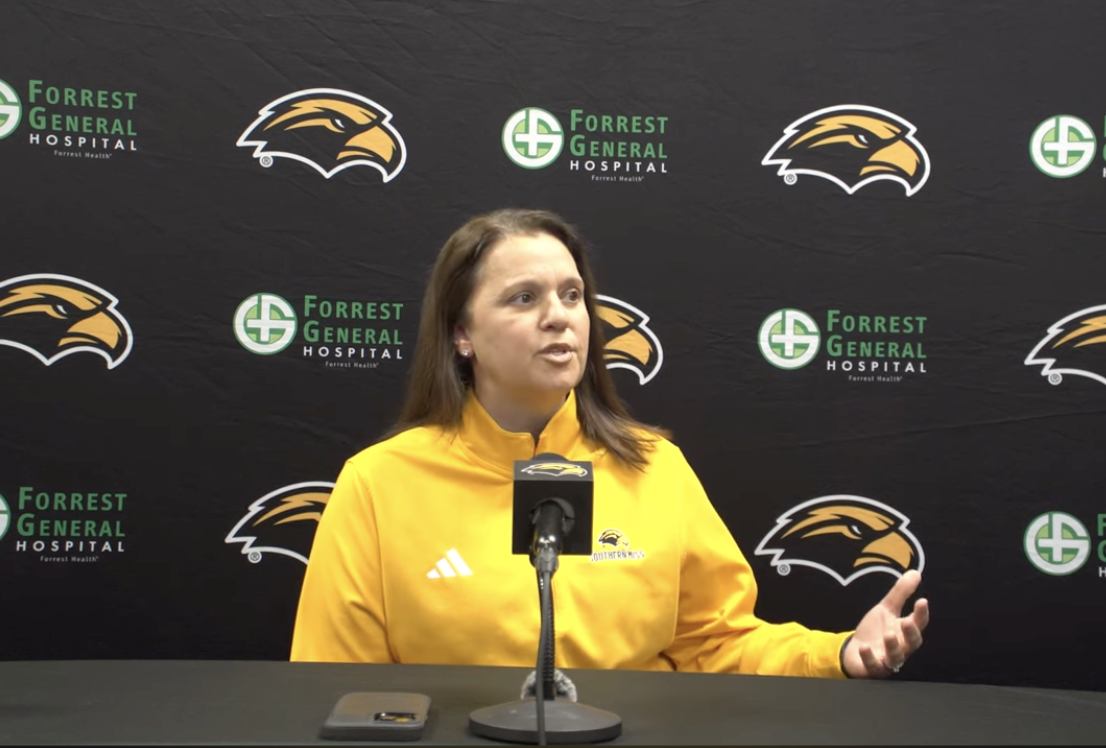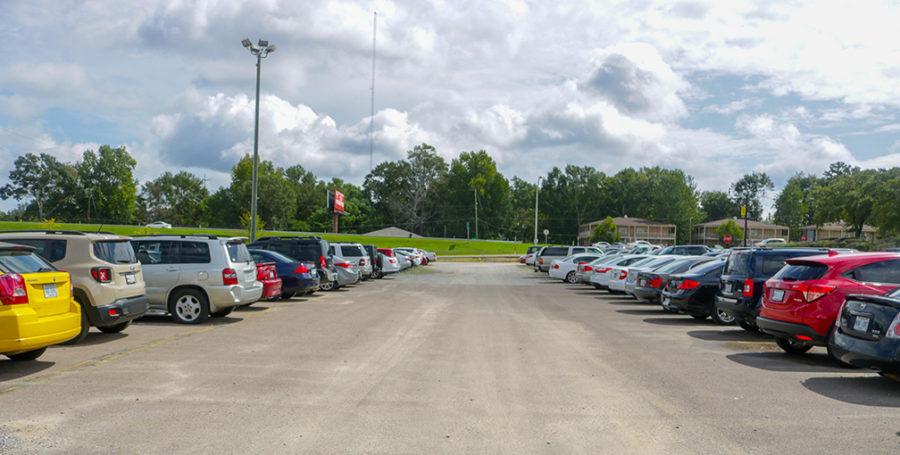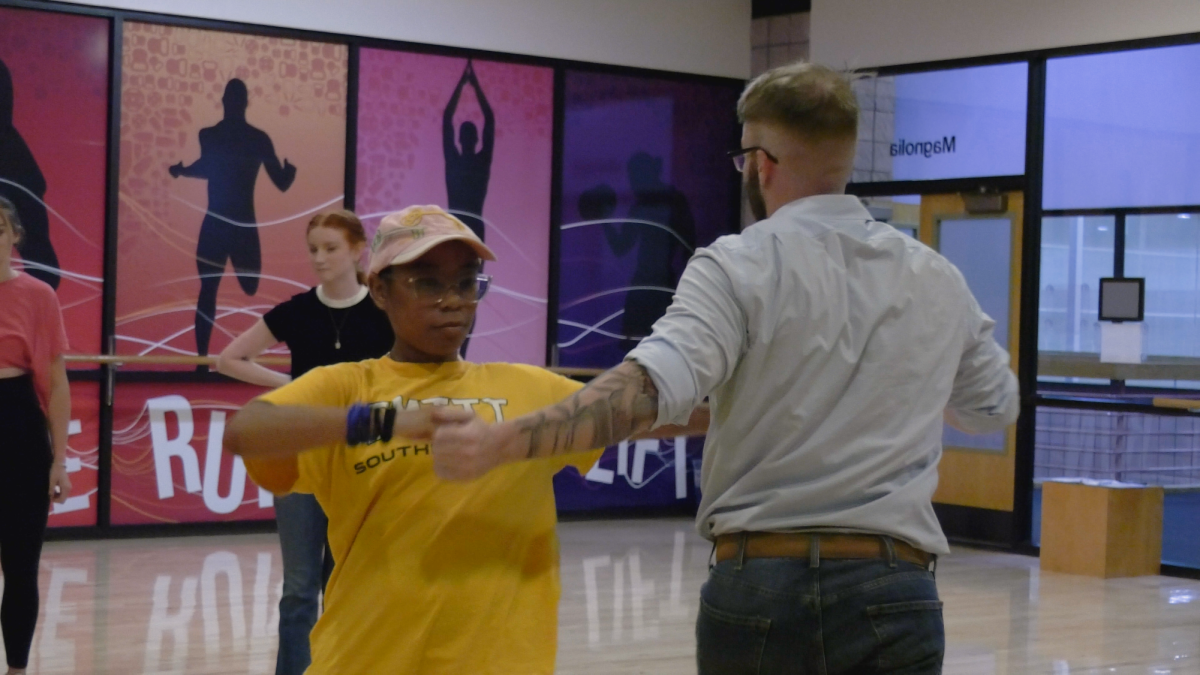Disabled students and faculty have been prevented from parking in accessible parking spaces due to some able-bodied students using their designated parking spaces as free rides to a shorter walk.
Ph.D. candidate in communications and general manager of WUSM Wilbur “Mean Willie Green” Martin said that it is a daily occurrence to find an able-bodied person parking in an accessible parking space.
“I can’t think of the last time that I went somewhere and didn’t see an able-bodied person illegally parked in a handicap spot,” Martin said. “That is how often. Every time I go out.”
Martin said he cannot tolerate this behavior because it shows a distinct lack of empathy and consideration of other human beings.
“One incident isn’t usually that big a deal,” Martin said. “When you have two or three obvious signs from society that ‘I really give a s–t about you. I have my own thing. I don’t care,’ it adds up and gets to be more than I’m interested in dealing with.”
Martin habitually confronts these people and is given responses along the lines of “I will only be a minute,” or “I am just waiting on someone.” Martin said, in a letter to the editor he wrote for the Student Printz Oct. 3, that these excuses have no basis for them to park.
Student Government Association Attorney General Lauren-Hunter Gaudet said the Judicial Board has heard these excuses before.
“When [Judicial Board] is having its appeals, most of them are people that say, ‘I just needed to run in for a minute’ and they will try to appeal it.” Gaudet said. She said the board will shut down any appellant that use these excuses.
27-19-56-5(a) of the Mississippi Code said, “It shall be unlawful to park a motor vehicle in an area set aside for persons who are disabled if the motor vehicle does not (i) have displayed the removable windshield placard authorized in this section with the date of expiration visible (ii) have the special license plate issued under this section properly displayed upon the motor vehicle, or (iii) have the disabled American veteran tag or plate.”
The code goes on to say that any unlawful parking of a motor vehicle or blocking of an accessible spot is punishable with a fine ranging up to $200. Martin believes that above the unlawfulness of the act, parking in an accessible spot shows a complete disregard for human beings.
Gaudet said she and the Judicial Board of SGA take the problem very seriously along with Parking Management itself and see the problem often.
“Whenever [Judicial Board hears] the word handicap, we immediately perk up and we go through the very fine details of [the appeal],” Gaudet said.
Gaudet said that it is tricky for Parking Management to catch students parking illegally while using a friend or loved one’s disability tag. She also said that she believes there should be more accessible spots on campus and that she will continue to discuss the issue with Parking Management.
Faculty and students feel the effects of inconsiderate parkers. Former Southern Miss student Samantha McNease, like Martin, is wheelchair bound. She attended Southern Miss from 2009 to 2016 and had her share of parking problems.
McNease said even when there are multiple accessible spots open or if you are running late, it is still illegal to park there without a disability and the proper paperwork.
“It is not for you to judge what place, time and how many handicapped people are going to show up,” McNease said. “There is a reason it is illegal.”
This issue of able-bodied people parking in accessible spots doesn’t stop in the parking lot. McNease said she encounters it just as much in the restroom. Though not expressly illegal, McNease said it feels just as frustrating. She feels those who take an accessible bathroom stall when there are other stalls open as just as inconsiderate.
“Having troubles with mobility is difficult anyway,” McNease said. “For people to just blatantly not care about something they can definitely help with just by avoiding some of their actions, it makes you feel s—y. It makes you feel like society is not really supporting you as they should.”
The issue of parking is not the only problem disabled individuals face. In Martin’s and McNease’s cases, navigating the world has become extremely difficult without some outside help from students and friends or Southern Miss’s Office for Disability Accommodations.
Necessities such as wheelchair ramps, having large enough accessible stalls and even being able to navigate a classroom. The Americans with Disabilities Act states that wheelchair ramps must fit a ratio of a 1:12 slope, meaning a ramp must rise one inch per every foot
“I have yet to see a ramp on any campus that meets that standard,” McNease said. “Both ramps [in Bobby Chain] I could not do on my own.” Martin said he feels being disabled is frustrating but he can still enjoy parts of the world and being alive in it.
“You’re going to be discriminated,” Martin said when asked what he would tell someone who recently became disabled. “There are people that, no matter what, will not being willing to understand that you are still a pretty ok person even though you have to do things in a different way.”



